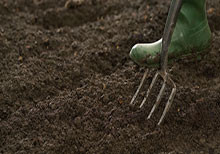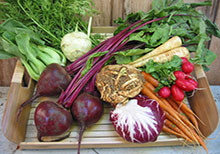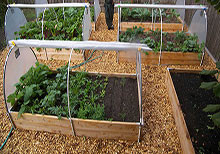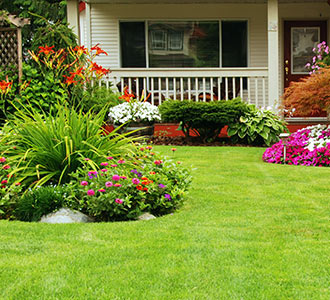What to Plant in Your Winter Vegetable Garden
Winter vegetable gardens are lovely and survive longer if they are protected by glass. It’s not accidental that there are so many greenhouses around. When it comes to local cold winters, you must take every precaution possible to avoid problems that would see your efforts go in vain. One of the things you should consider before you plant your veggies are seeing which ones are appropriate for your winter vegetable garden. Quality matters and good seeds are also extremely significant just like the location of your private vegetable garden, but you must also find out details about the weather so that you will know when to grow what.
Find Out When It’s the Best Time to Plant
Each vegetable needs a specified time to mature. Some take 30 days to grow, but some will need 90 days or even more. Although many vegetables are not very tender and can make it through the winter, it’s best to know approximately the first days of frost so that you can plan ahead. For example, if you choose a vegetable that takes 60 days to grow, count back 60 days from the date frost is expected.
Which Vegetables Love Winter
Carrots, lettuce, onions, leeks, spinach and many more delicious vegetables can green up your garden in the winter. Some of them actually taste better if they are attacked by the frost. Before you decide which ones to get, see if they mature in time before the heavy winter arrives. For example, cauliflower, brussels sprouts, carrots, beets, and cabbage will need about 90 days to grow. Leeks will take 60 days while radishes and spinach will only need 30 days. Remember that root vegetables will still grow in the winter if they have good mulch.
Protect Your Winter Vegetables
Since maturity takes longer for some vegetables and you cannot always make it in time, it will be helpful to protect your veggies. A greenhouse will also be a good idea since vegetable gardens give you the chance to grow whatever you like at all seasons. If your vegetables are protected by the heavy winters but also the winds, weeds, pests and the heat of the summer, you will enjoy more of them. Growing them in a protected and controlled environment is often very helpful.

 Each vegetable needs a specified time to mature. Some take 30 days to grow, but some will need 90 days or even more. Although many vegetables are not very tender and can make it through the winter, it’s best to know approximately the first days of frost so that you can plan ahead. For example, if you choose a vegetable that takes 60 days to grow, count back 60 days from the date frost is expected.
Each vegetable needs a specified time to mature. Some take 30 days to grow, but some will need 90 days or even more. Although many vegetables are not very tender and can make it through the winter, it’s best to know approximately the first days of frost so that you can plan ahead. For example, if you choose a vegetable that takes 60 days to grow, count back 60 days from the date frost is expected. Carrots, lettuce, onions, leeks, spinach and many more delicious vegetables can green up your garden in the winter. Some of them actually taste better if they are attacked by the frost. Before you decide which ones to get, see if they mature in time before the heavy winter arrives. For example, cauliflower, brussels sprouts, carrots, beets, and cabbage will need about 90 days to grow. Leeks will take 60 days while radishes and spinach will only need 30 days. Remember that root vegetables will still grow in the winter if they have good mulch.
Carrots, lettuce, onions, leeks, spinach and many more delicious vegetables can green up your garden in the winter. Some of them actually taste better if they are attacked by the frost. Before you decide which ones to get, see if they mature in time before the heavy winter arrives. For example, cauliflower, brussels sprouts, carrots, beets, and cabbage will need about 90 days to grow. Leeks will take 60 days while radishes and spinach will only need 30 days. Remember that root vegetables will still grow in the winter if they have good mulch. Since maturity takes longer for some vegetables and you cannot always make it in time, it will be helpful to protect your veggies. A greenhouse will also be a good idea since
Since maturity takes longer for some vegetables and you cannot always make it in time, it will be helpful to protect your veggies. A greenhouse will also be a good idea since 




